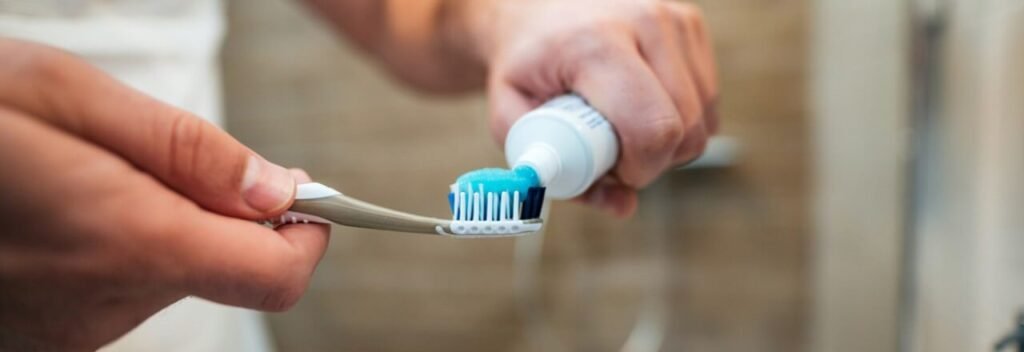We’re living in a world where environmental consciousness is a global priority, down to the miniscule parts of our day. In fact, more than 8 in 10 adults have reported making at least a few small lifestyle changes to help the environment. Yes, even a task like brushing your teeth is causing an impact on the environment! But don’t worry, there are simple ways to change it up and make a difference.
That’s right, there are eco-friendly toothpastes on the market ready to help you feel better about your morning routine. Not only are they better for the Earth, they are better for you. Let’s talk about what makes a toothpaste eco-friendly.
Environmentally Sustainable Packaging
First, we need to look at the packaging. This is where you’ll notice the biggest difference between eco-friendly toothpaste brands and others. Your run of the mill toothpaste brand will be packaged in non-recyclable materials and probably a lot of plastic which is not great.
An eco-friendly toothpaste will be packaged with sustainability in mind. For example some brands use materials such as glass jars, aluminum or compostable packaging. Your eco-friendly toothpaste should be biodegradable or recyclable easily. Some brands have even developed completely plastic free toothpaste tubes.
Eco-Friendly Toothpaste Should Have All-Natural Ingredients
Another key element to determining whether a toothpaste is eco-friendly or not is in the ingredients. These types of toothpastes are notorious for having all-natural ingredients and staying away from harsh chemicals and additives. Sometimes they may not even contain fluoride.
All you’ll need to do is simply check the label. Look for ingredients such as plant-based extracts like peppermint oil or tea tree. They may have aloe vera in them or vitamin E. Essentially, you should be able to pronounce the name of everything on the label and have an idea of what it is. Here is a list of what should NOT be in an eco-friendly toothpaste:
- Triclosan: Triclosan is a synthetic chemical known for having antibacterial properties and is found in many toothpastes. The problem is that it’s a synthetic chemical that will continue to exist in the environment when it’s disposed of and can cause impacts on aquatic ecosystems.
- Artificial Flavors and Dyes: Eco-friendly toothpastes avoid artificial flavors and dyes as they can add unnecessary chemicals to the products. Typically, they’ll use natural alternatives instead.
- Parabens: Parabens are synthetic preservatives that are commonly found in personal hygiene products such as toothpaste. They are not only bad for you, but also the environment.
- Sodium Lauryl Sulfate (SLS: One of the things you’ll see advertised on eco-friendly toothpaste is a lack of SLS. They are used in many toothpaste brands as a foaming agent, but cause problems in the environment later on.
- Artificial Sweeteners: Again, eco-friendly toothpastes are going for the all-natural approach. So, anything with an artificial sweetener should be avoided.
Ethical Production Practices
In most cases, you’ll be able to check a brand’s websites for certifications. For example, a brand may be listed as “Cruelty-Free” which means they’ve been certified that they don’t do animal testing on their products.
These days it can be pretty easy to figure out if and when a brand isn’t being truthful about their ethical practices. If you want to buy vegan products, you’ll also be able to find certified vegan brands that use no animal products whatsoever.
Production practices should reduce waste along with minimizing energy consumption. Because, let’s remember that reducing waste is not the only thing that makes something eco-friendly.
Researching the brand will show you if they support ethical practices and may even support fair trade initiatives.
Biodegradability and Environmental Impact
The problem with regular toothpaste is that the packaging isn’t typically biodegradable. That means it’s going to end up in a landfill, and the microplastics will stay in the environment likely forever. An eco-friendly toothpaste should have biodegradable or recyclable packaging.
The packaging should break down efficiently and reduce its impact on the environment. These efforts can also minimize water pollution due to the lack of harmful chemicals being used.
Final Thoughts
The bottom line is that changing over to an eco-friendly toothpaste is a quick and easy way to reduce your environmental impact. Make sure when you’re doing your research that you find brands that are actually environmentally conscious, and making efforts beyond just sustainable packaging.
Before changing your toothpaste, consult with your dentist to make sure the switch is right for you and your teeth.
